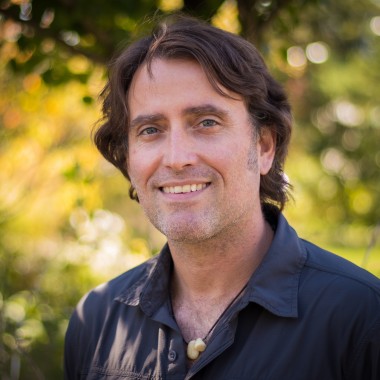"Coastal Routes": Linking Community Innovation for Sustainability and Food Security During Times of Rapid Change

About the Project
This project brings together a network of researchers and community-based organizations in a partnership for promoting community innovation. Coastal communities in Canada and around the world are under stress, and facing uncertainty from multiple sources, including climate change, fisheries, and urban development. Likewise, many communities in Canada, especially coastal and remote communities, are contending with higher than average levels of food insecurity. Helping communities to understand, respond to, and where possible, take control of these issues, is an important science and policy challenge. To that end, this project focuses on how to best scale up community-based innovations for building food security and community resilience during times of change. How do we bring the good ideas, approaches, and tools that people develop into the mainstream?
Specifically, the goals of this partnership are: 1) to explore how communities are achieving climate change resilience and sustainable coastal food systems; 2) to facilitate dialogue and rapid social learning across a network of communities; and, 3) to bring stories of coastal community innovation into the public discourse about Canada's future.
To achieve these goals, we will mount a comparative case study analysis of cases of innovation from Canada's three coasts (West, East, North) to identify core factors that facilitate effective, community-based responses to change. We will also convene a first-of-its-kind community innovation forum, in partnership with the Canadian Rural Revitalization Foundation (CRRF), where we will empower community innovators through storytelling, networking, and peer-to-peer sharing. Finally, all of this will be built upon a new digital platform for knowledge mobilization that involves new media products such as podcasts, short films, and interactive maps. The platform will promote discovery and collaboration among coastal peoples and policymakers in Canada, with a goal of informing policies that help communities build food security and that position Canada to achieve its national-level aspirations for sustainable development and global economic leadership.
The unique partnership proposed here brings together leading researchers, research institutions, and community-based organizations focusing on innovation and sustainability along all three of Canada's coasts, to advance the science of food security and climate change adaptation. The partnership will leverage excellence within each organization, e.g., food systems research at the University of Guelph, knowledge mobilization at the Lee Harris Centre, arctic research at the Arctic Institute, and west-coast research at University of British Columbia.
The Principal Investigator, Dr. Philip Loring, is the Arrell Chair in Food, Policy, and Society, at the University of Guelph's Arrell Food Institute (AFI). From his leadership position at the AFI, Loring will lead a diverse team of experts in an effort to grow and develop meaningful partnerships with community- and industry-centred groups in Canada, such as the Canadian Rural Revitalization Foundation, the Churchill Northern Studies Centre, Ecotrust Canada, and Municipalities of Newfoundland and Labrador. Likewise, the team will initiate international partnerships with organizations in locales that share ecological and socioeconomic circumstances and challenges with coastal Canada, specifically: Alaska, Norway, and Scotland.
Through this project, multiple HQP will gain the opportunity to network and collaborate with people working on similar research across Canada and internationally. Finally, the framework for sharing and collaboration that we develop in our Community Innovation Forum will be replicable for other communities of practice.